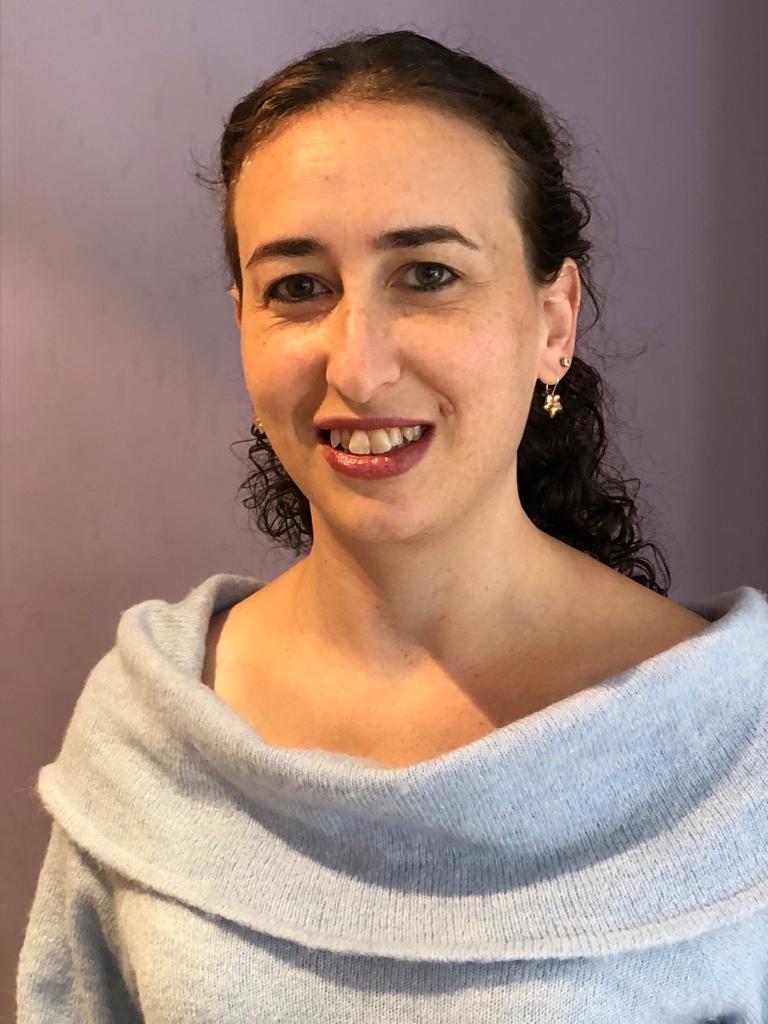Who%27s Afraid of Retirement?
.png)
Who’s afraid of retirement? Navigating the transition from (a successful) professional life to a rich and fulfilling retirement.
Once upon a time, people would go to school and get a degree or learn a trade. They would work in their field for about 40 years and then retire at age 65. Retirement would be a few relaxed years of slippers and pipe, or baking cookies with grandchildren now and then, playing cards with old friends in between health issues and doctors visits. This period typically lasted 5-8 years and ended in the person’s death in their early 70’s (ourworlindata.org).
That was then - the generation of my grandparents. Today is a completely different story.
Today life expectancy is closer to 80 or more for both men and women. Medical advances, awareness of correct nutrition, keeping fit and social, have contributed to people living longer and being active well into old age. At the same time, retirement age remains in the 60%27s. This means that most people can look forward to at least a decade of reasonable health post-retirement. That is a lot of time!
Todays’ retirees are, in a physical and cognitive sense, “younger” and more able than their parents or grandparents were at the same age and with much more time ahead of them. This gives rise to many important and difficult questions:
Who am I if I am no longer a doctor/ lawyer/ teacher/ dancer/ accountant?
Where will recognition and esteem come from, if not from my profession?
What do I want from my relationship with my spouse, my children and grandchildren?
At this point in my life, what makes me ME? Am I comfortable within myself? And, what should I do with all this time?
Playing cards with friends, reading the newspaper and surfing the internet can occupy only so much time. How can I use this time in a meaningful and rewarding way? Simply being busy may not be enough. Ten+ years is enough to invest in something truly rewarding. It is enough time to learn a foreign language or a musical instrument, to take an interesting course or even earn an academic degree.
But navigating retirement is not only about filling your time or learning new skills. There is value in looking back, at what was, in addition to what’s next. There are relationships with others that will be impacted by retirement, and more than that, there is the relationship with yourself.
Old habits, hurts or wounds that were much more easily brushed aside because there was what to distract you while you were working, suddenly threaten to be more present. Memories appear more easily and become accessible now that you’re not as busy with other things, and you find that this is actually really inconvenient! You’d much rather not think about this at all!
But here’s the thing: you can fight off thoughts and memories only so much. At some point, that stops working, and the issues you’re avoiding demand space and recognition.
Back in the day therapy may have been something for “other people” who “had problems”. Indeed, there used to be an air of “keep calm and carry on”, or “no use fretting about it” type of attitude (Hiskey & McPhershon, 2013), but times have changed. Today we know that so much is possible in adulthood and at retirement age, and that working through difficult issues is not only healthier than pushing it to that back of our mind, but leads to inner growth as well. Early theories of human development rarely addressed adulthood or old age, only Jung (1933) and Erickson (1950) considered them unique stages that entail continuing development. Working with a therapist to improve how you feel or how to move through life is now common and accepted. Therapy can be an effective way to navigate this period and work towards a fulfilling retirement.
Rachel Kaminetsky
Art Therapist MAAT
Psychotherapy PgDip
Erikson, E. H., (1950), Childhood and Society, New York, W.W. Norton & Co. Inc.
Hiskey, S., & McPherson, S. (2013). That%27s just life: older adult constructs of trauma. Aging & mental health, 17(6), 689–696.
Jung, C. G., (1933), Modern Man in Search of a Soul, London, Routledge
https://ourworldindata.org/




